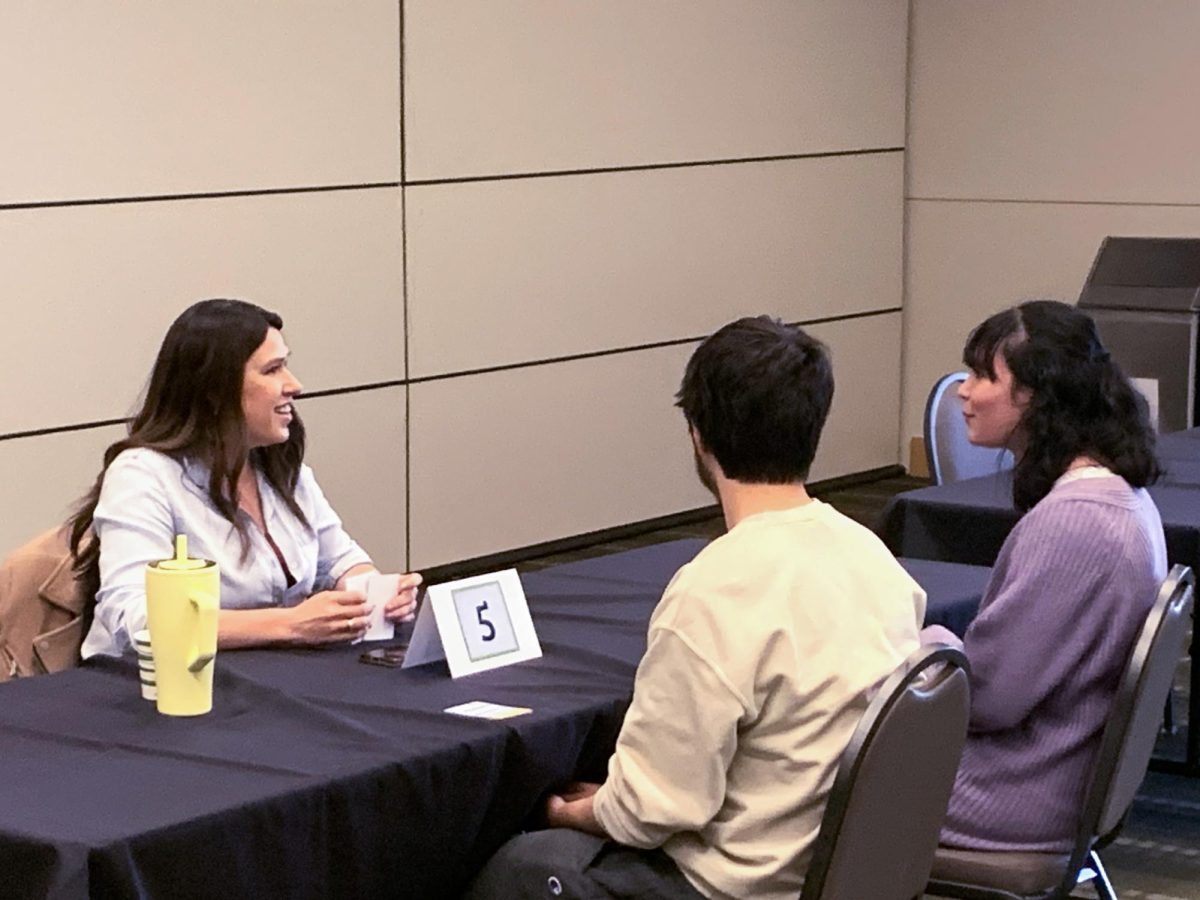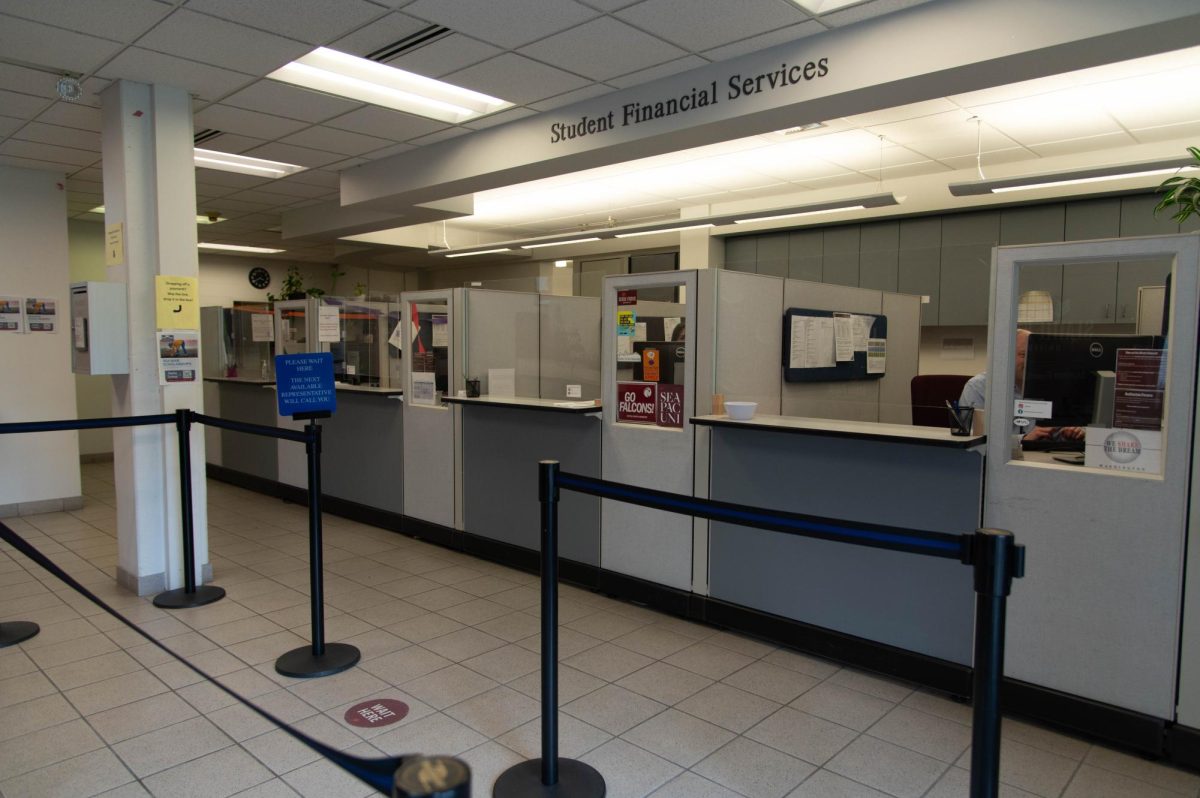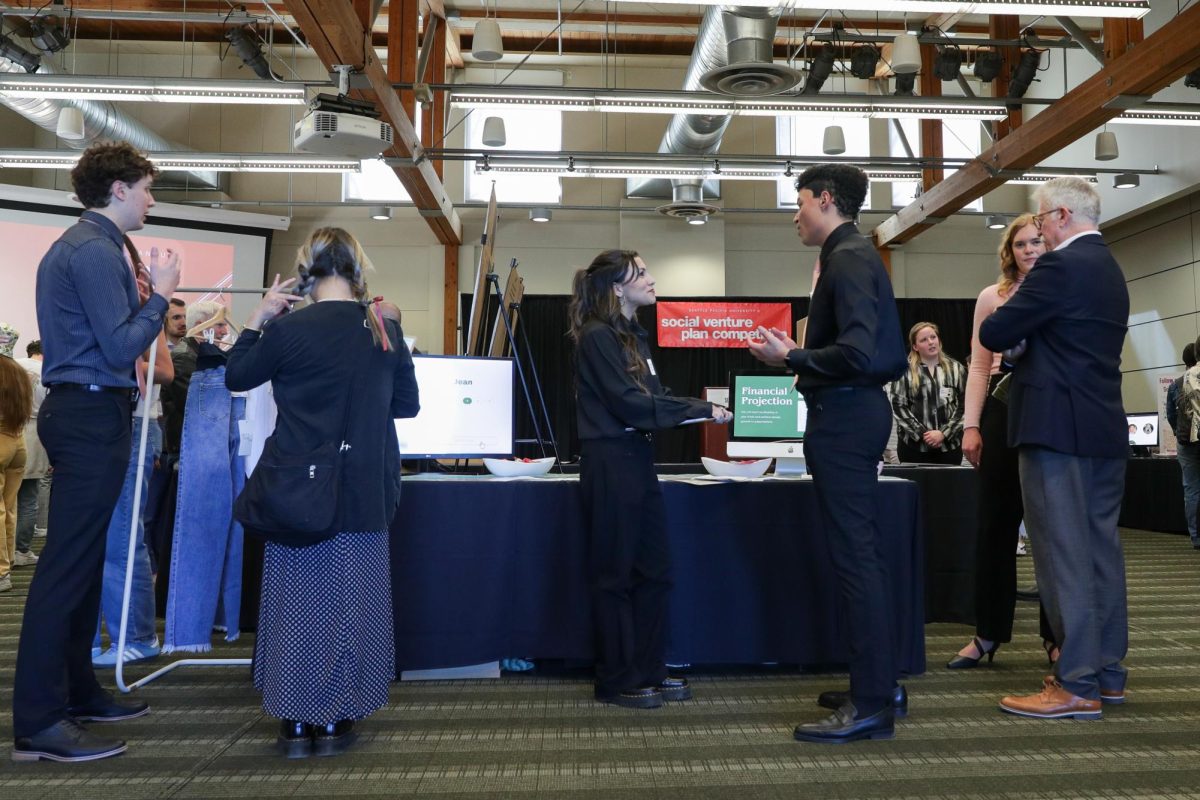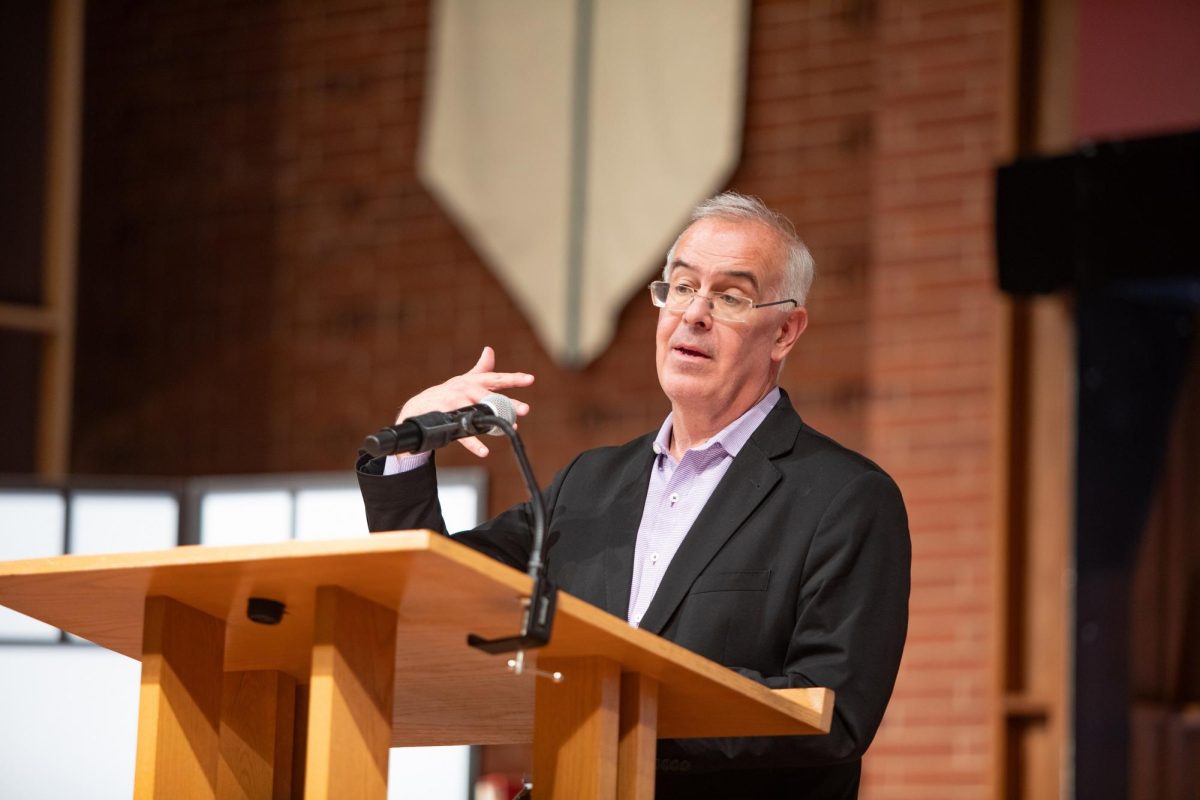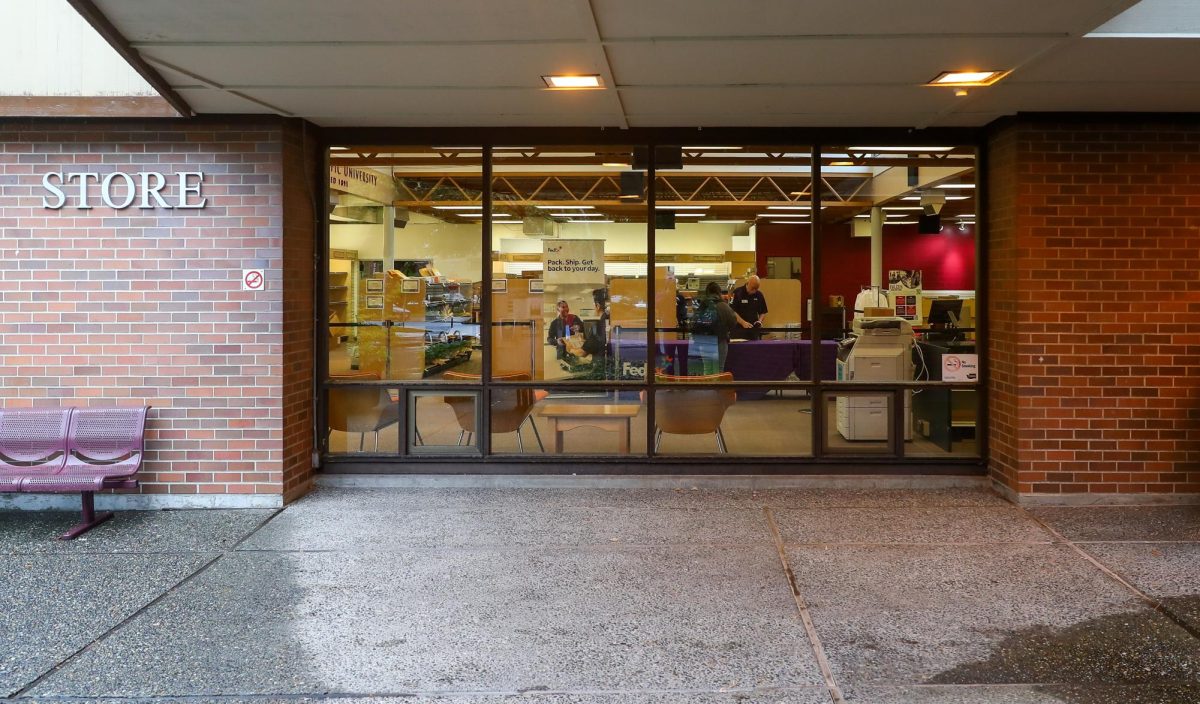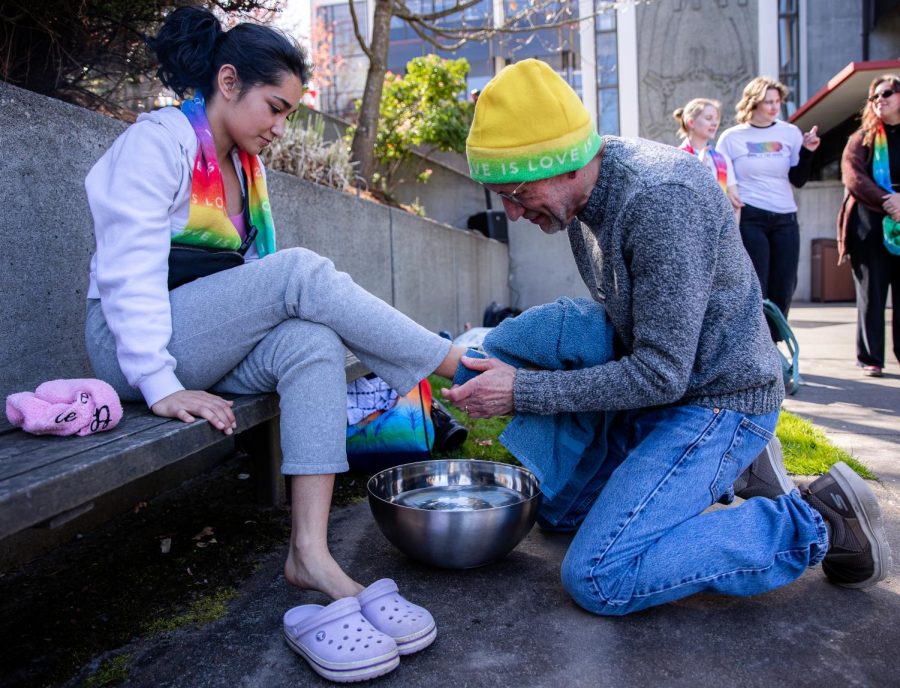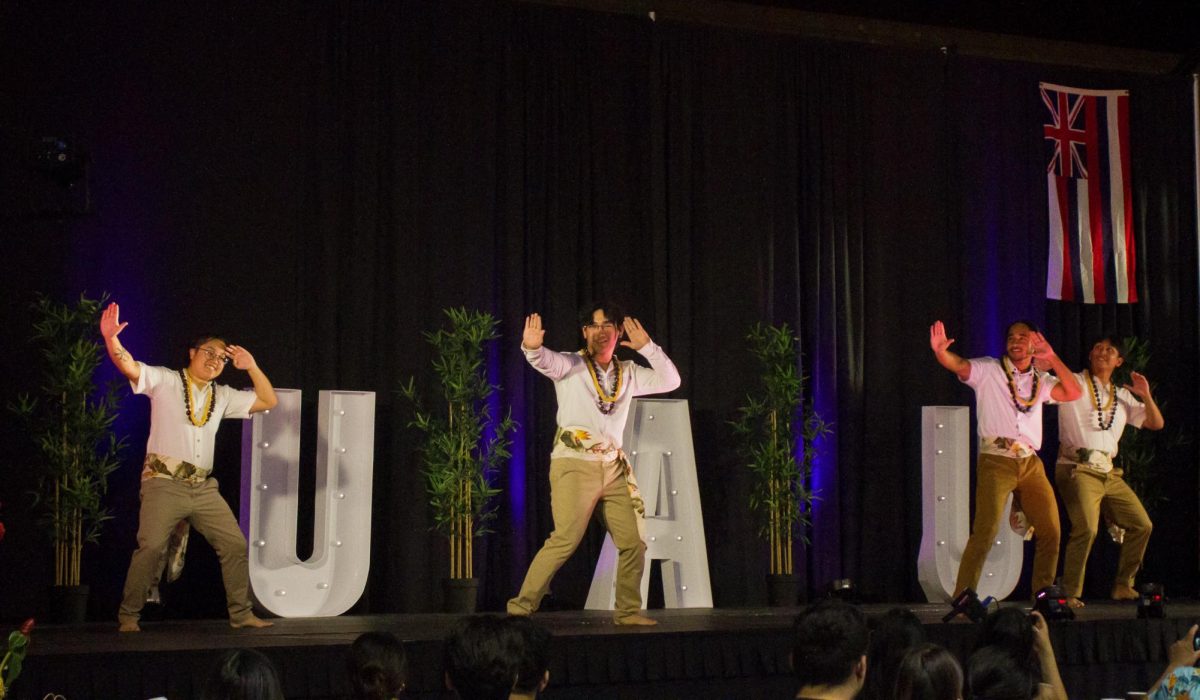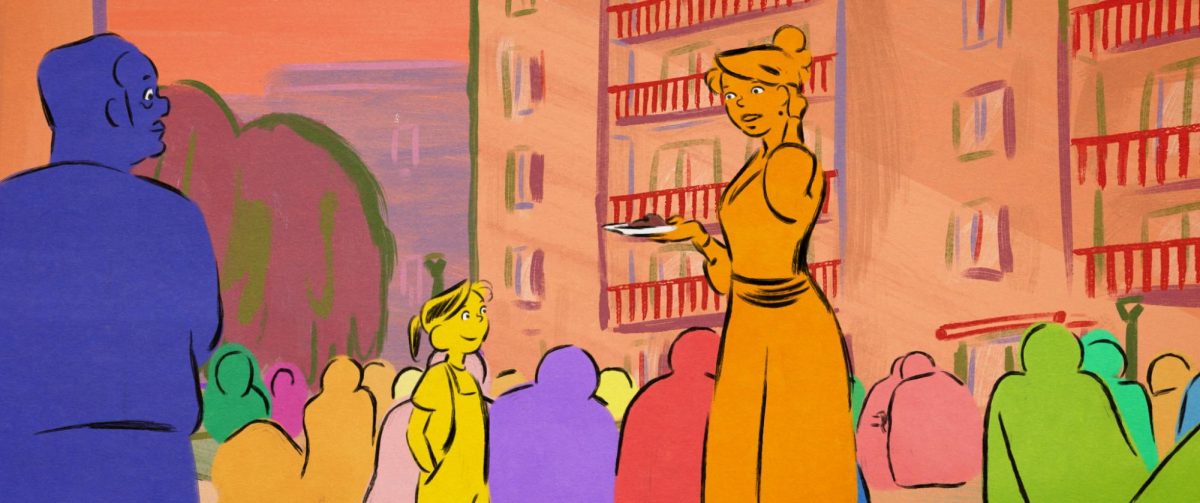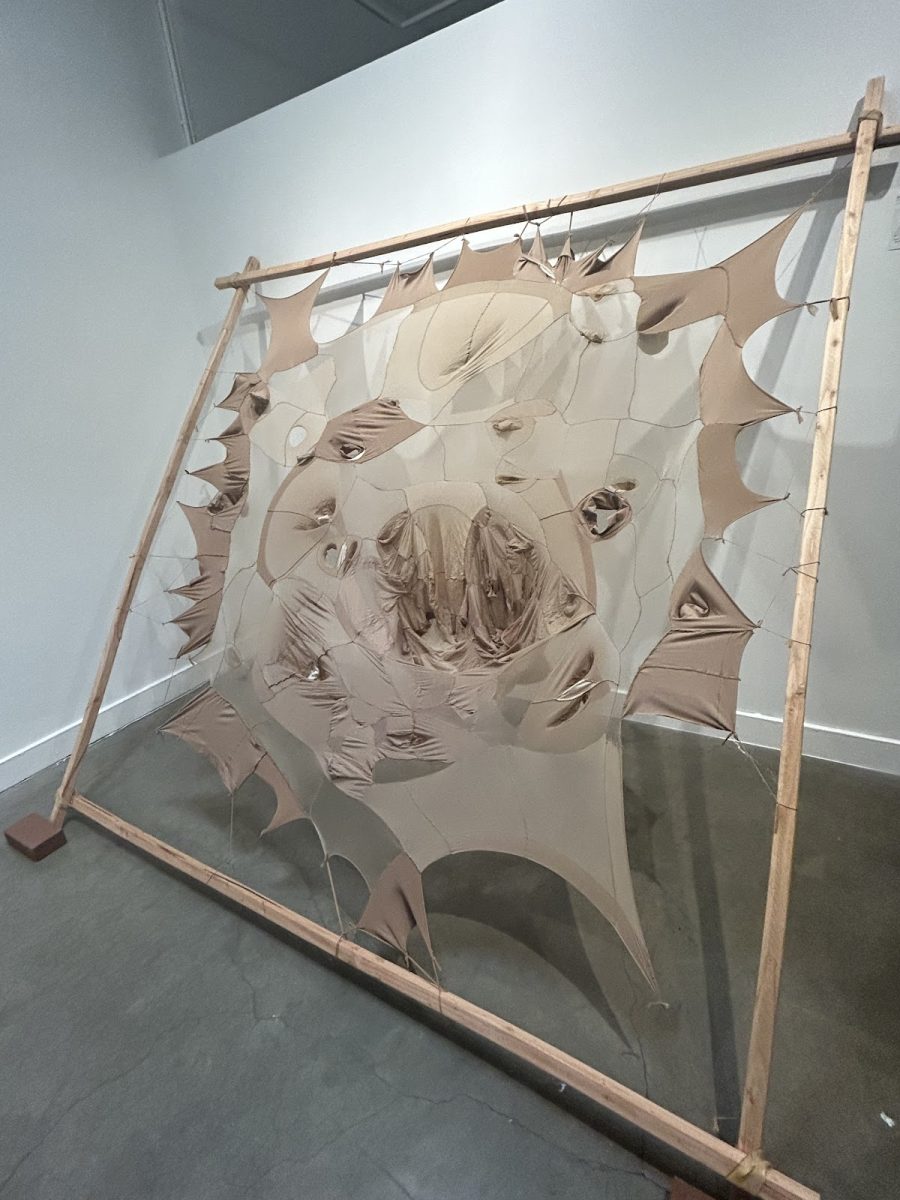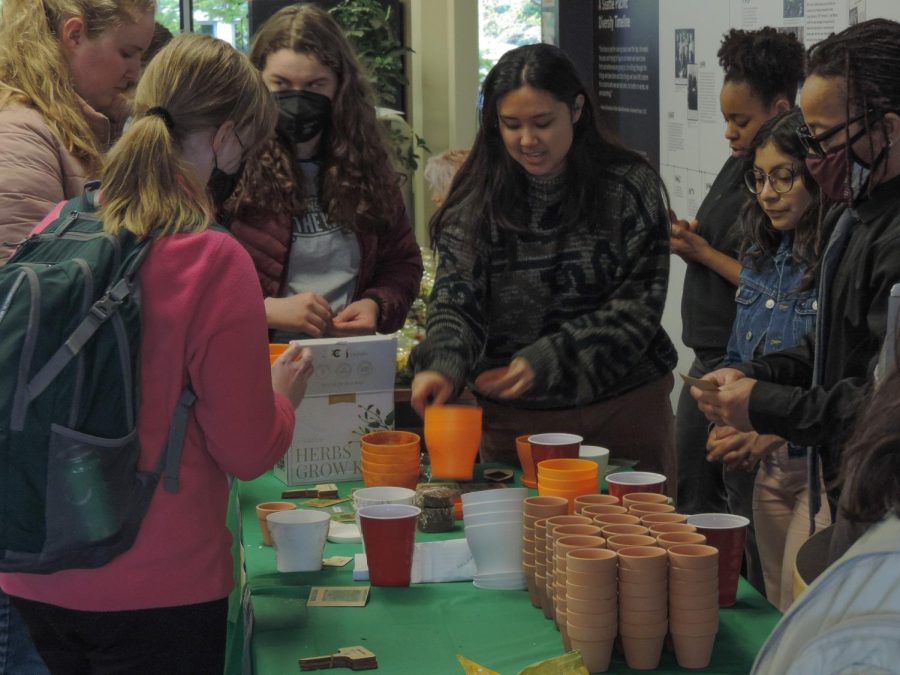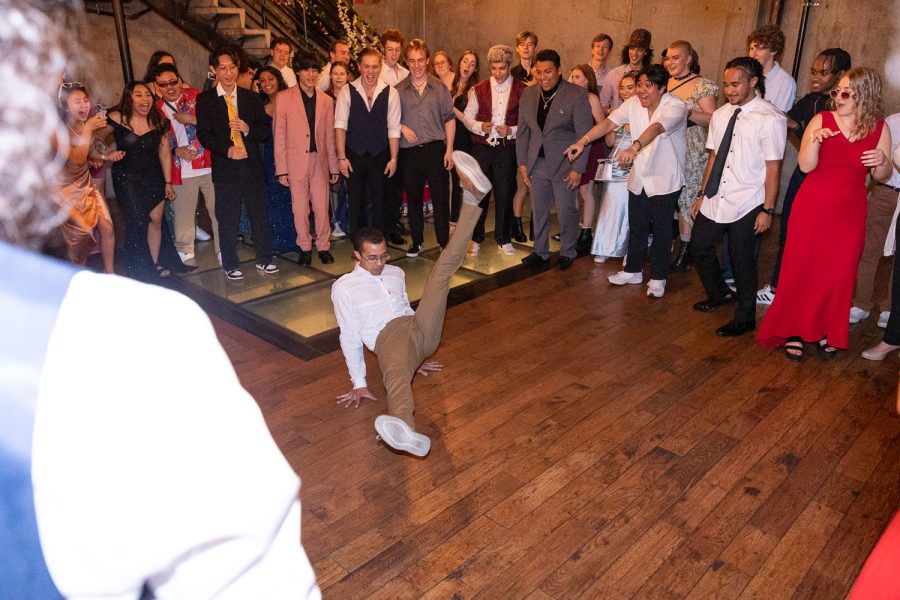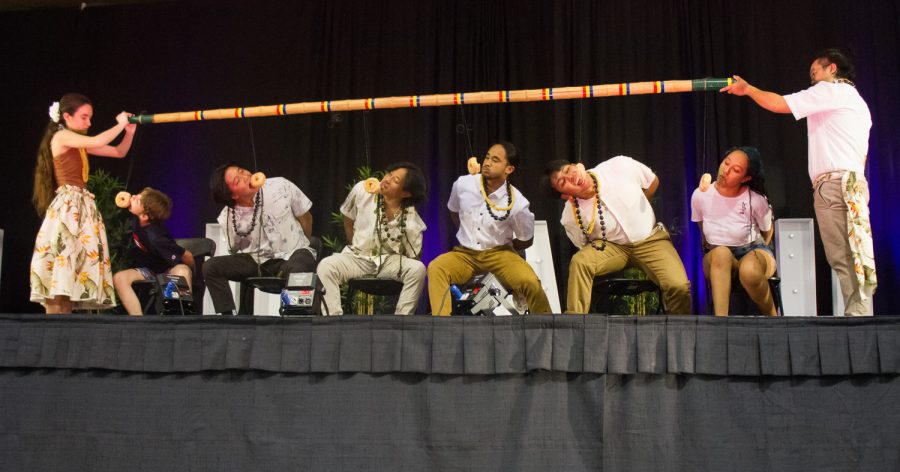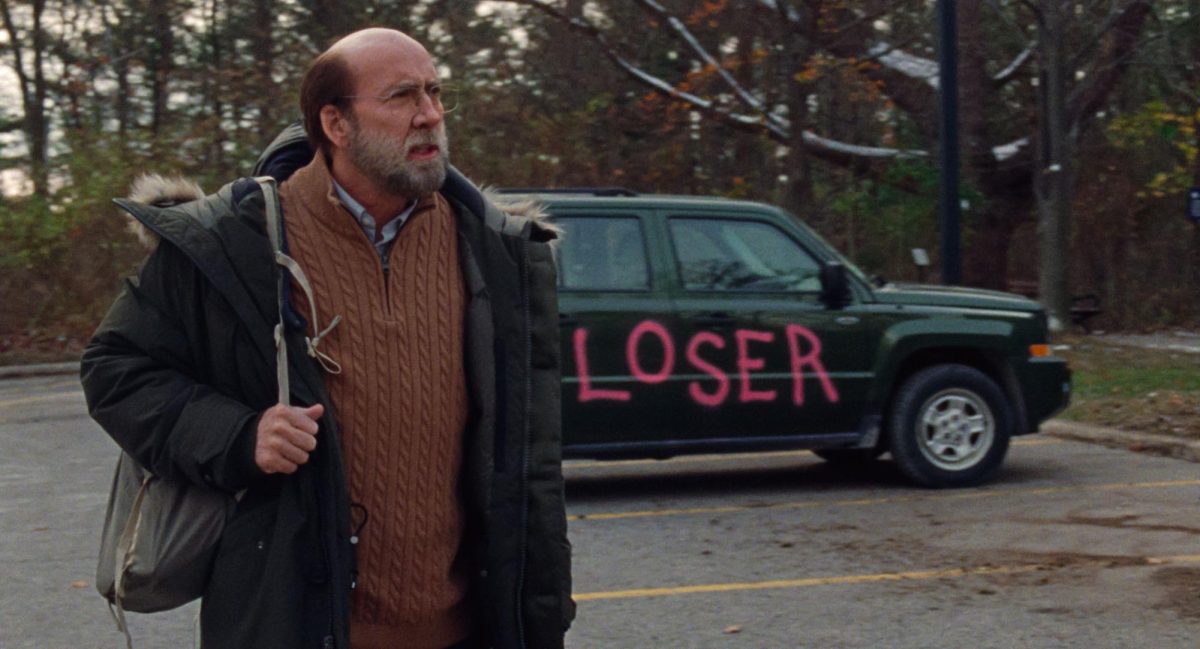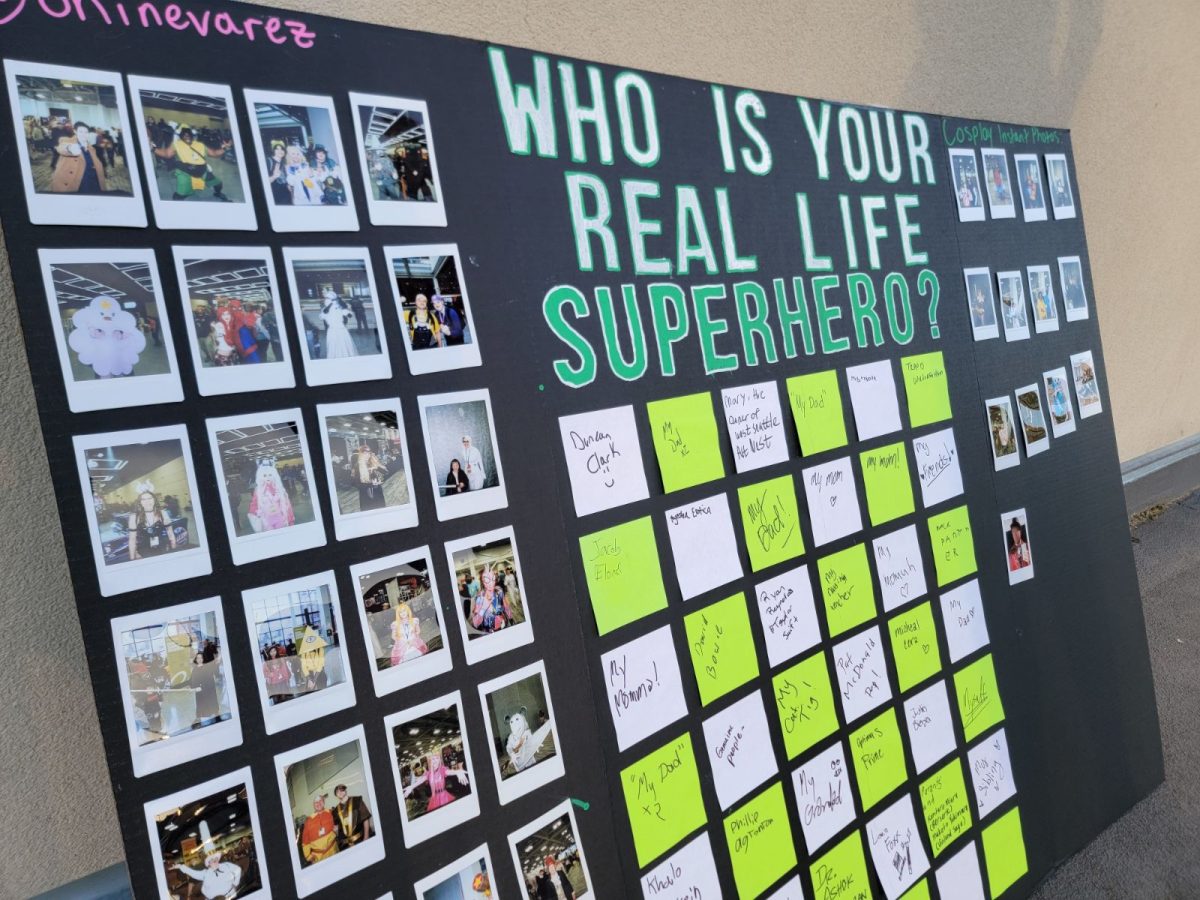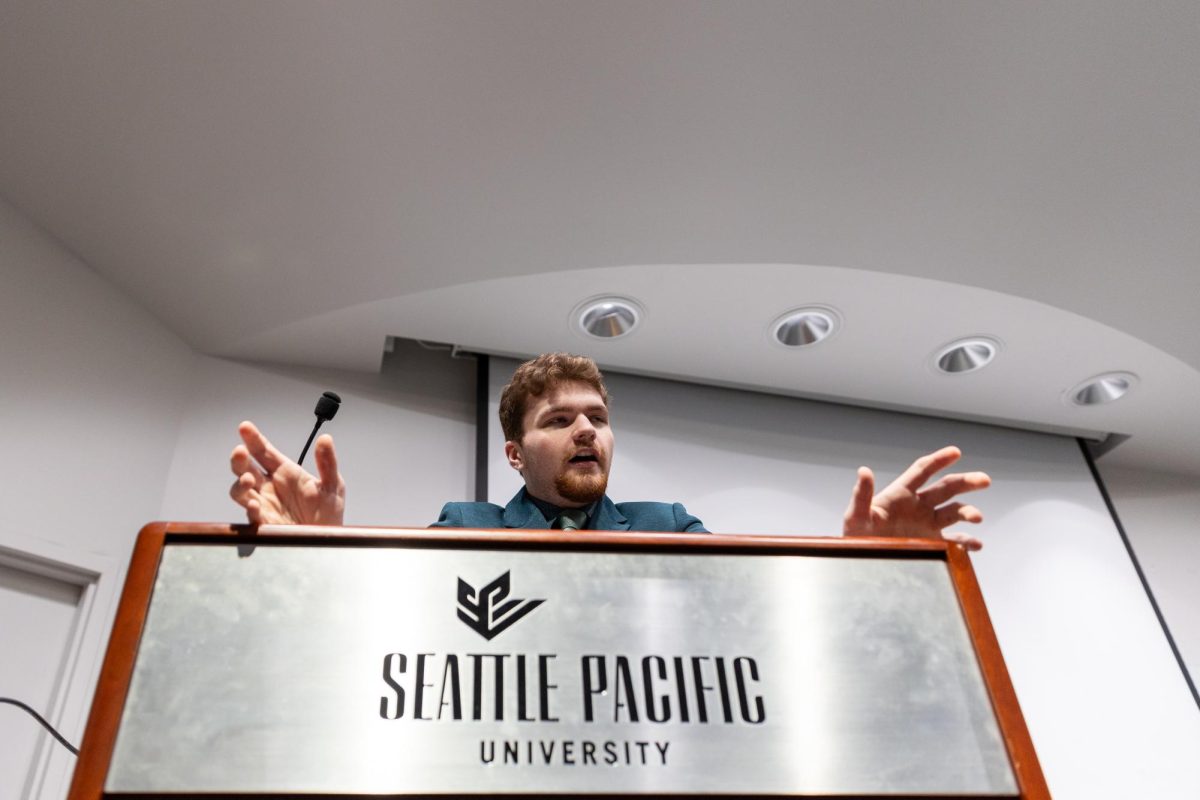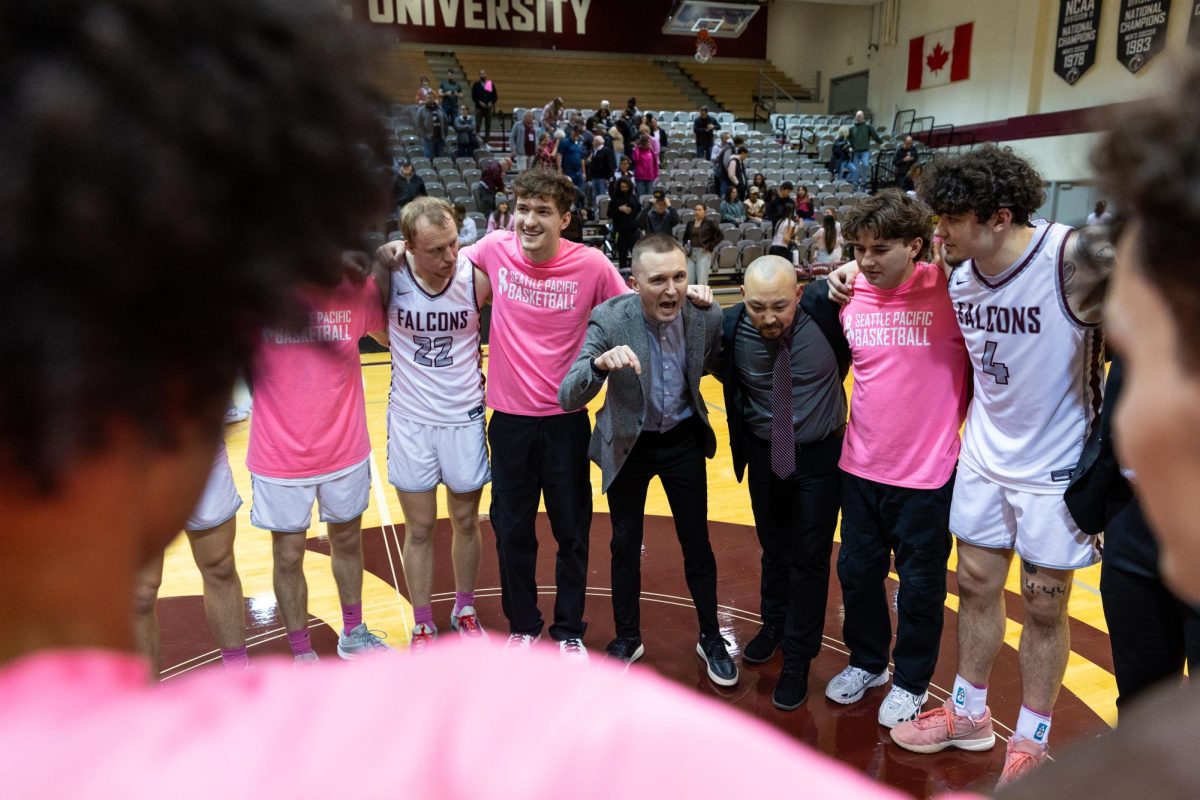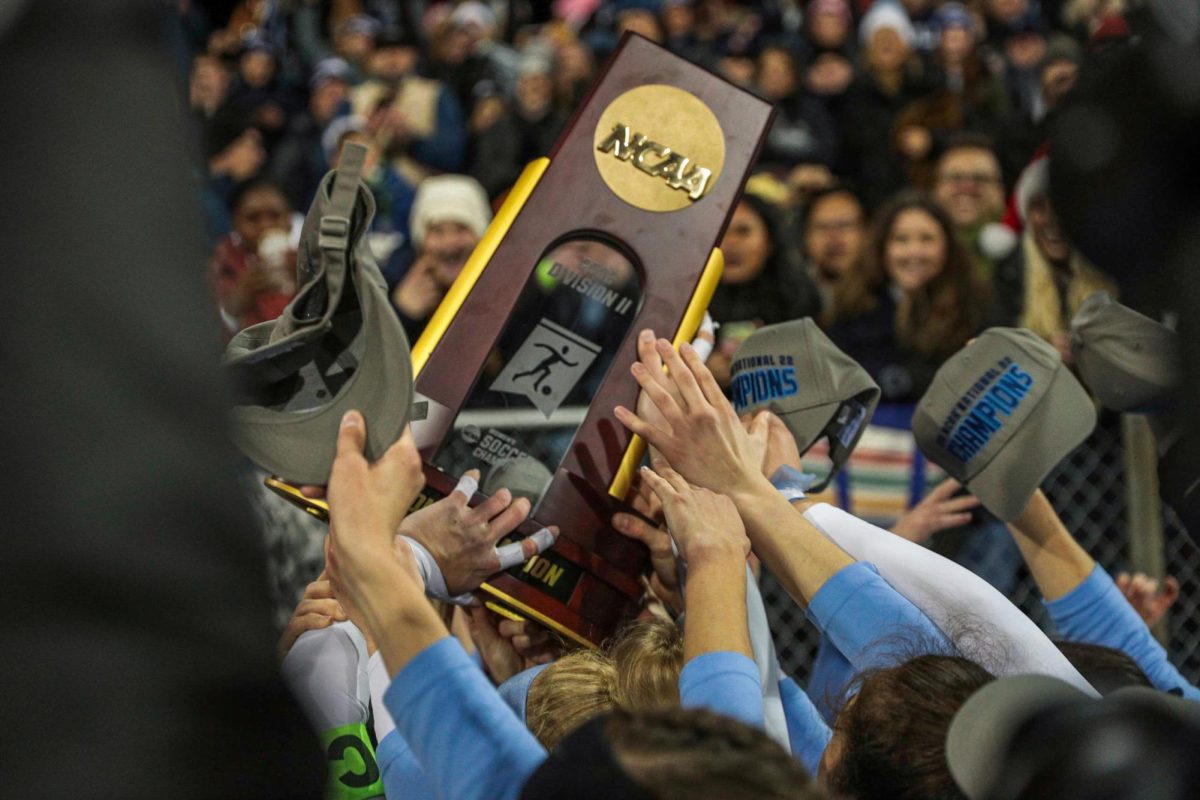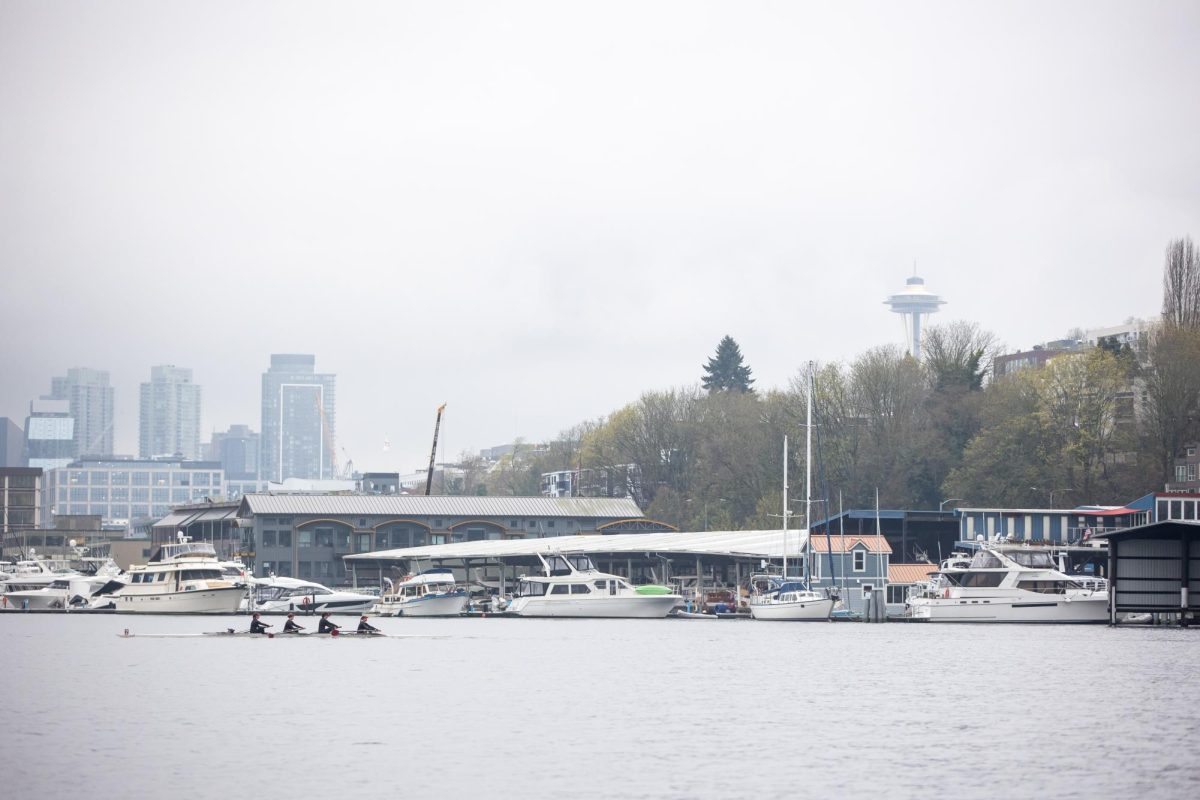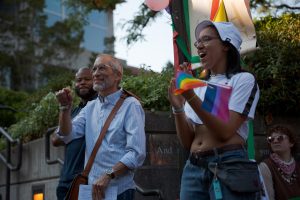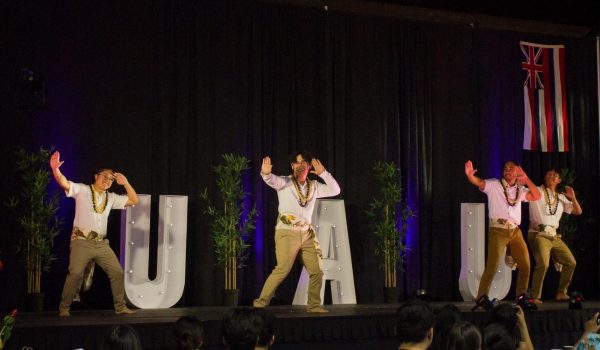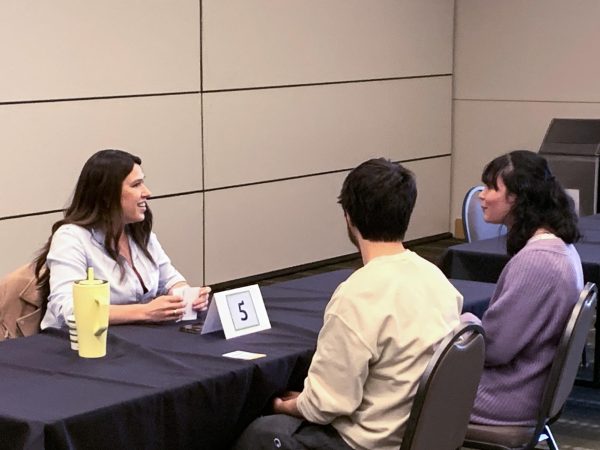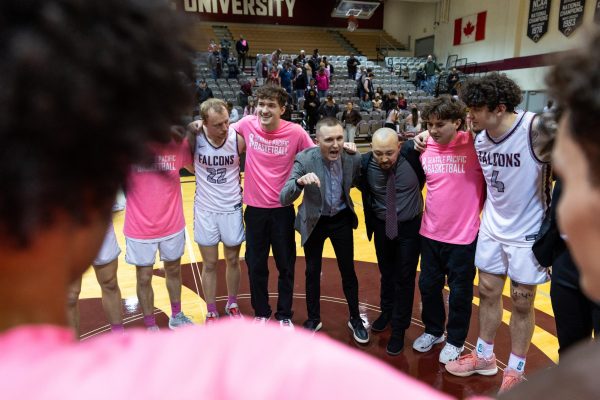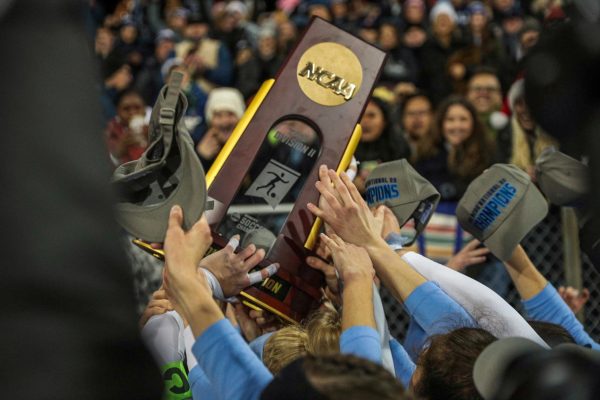104-year-old opts to end his life with physician help
On Thursday May 10, scientist Dr. David Goodall decided at 104 years old to take his own life.
However, his story was not like other suicides. It was methodically planned under supervision, condoned by his family, and supported by many in the public.
Why? Because Goodall’s choice employed physician assisted suicide laws, laws that are present in eight countries.
Goodall cited his limited mobility and decreasing physical capability as the reasons for why he wanted to end his life prematurely, stating that he desired to go out on his own terms.
Speaking to a group of reporters on the eve of his death, Goodall said, “[what] one wants at my age, and even rather less than my age, one wants to be free to choose their death at an appropriate time.”
This idea of being free to choose death is one that has gained popularity in recent decades, as many states and countries have legalized the practice of physician assisted suicide in the past 15 years.
The regulations vary between nations.
In some places, similar to most of the U.S. states where PAS is legal, the patient has to be terminally ill.
However, in other locations there are no restrictions, except that the patient be in stable mental health.
Other countries, like Belgium and the Netherlands, have even lifted their age restrictions, allowing minors access to euthanasia. Goodall’s position on the terminability of life is shared by many, including Goodall’s family who reportedly did not try to change his mind.
The belief behind those who advocate for physician assisted suicide is “that the greatest human freedom is to live and die according to our own desires and beliefs,” according to the Death With Dignity advocacy site.
The idea of life becoming a choice and having quantifiable value shows a fundamental shift from the sanctity of life that was upheld in past decades.
In 1980, Pope John Paul II issued the Declaration on Euthanasia, opposing mercy killing but permitting increased use of painkillers and a patient’s refusal of extraordinary means for sustaining life.
The line between letting life pass and terminating it before it has run out has been important to religion and legislation alike in the past, however, in modern times the distinction has been blurred. This haziness reflects a fundamental shift in society’s view on life, a fact best exhibited in people’s views on reasons to live.
The comments below the article detailing Goodall’s story were the most telling, with one saying, “too many people place longevity above quality of life … good for him,” and another saying, “I see no reason why humans should force other humans to live if they really don’t want to.”
I think that this dismissal of the sanctity of life is incredibly dangerous to the fabric of our society. There must be a balance between preserving the value of humanity and upholding individual freedom.
In 1990, the Supreme Court ruled in Cruzan v. Director Missouri Department of Health that a person has the right to refuse life saving medical service.
As the first right-to-die case that the Court agreed to hear, it set precedent for cases to come by opening the door to a broad definition of one’s right to choose the value of their own life.
In 1994, The Oregon Death With Dignity Act passed to become the first law in American history permitting physician-assisted suicide, followed by many others including our own Washington State in 2008.
Since then, the practice has become much more common, with 212 people requesting prescriptions for lethal suicide drugs in 2017 according to the Washington State Department of Health.
The fact that our society sanctions the concept of ranking the value of life, and devaluing it when it does not meet our standards of “worth living,” is dangerous because it takes away the innate worth each life has, no matter its condition.
I do believe that this discussion should continued to be opened concerning those who are terminally ill so that their pain and suffering can be alleviated, however, it also worth noting that no one ever knows what their fate will be until death comes. There is a difference between accepting one’s fate by refusing medical treatment, and inviting the end we all face to take place.
However, ending one’s life before your time comes seems to rob yourself of the individuality you’re ironically trying to preserve. We ought to take Goodall’s story as an opportunity to question what society tells us about the value of life and ask ourselves if value is placed on the right aspects.
Is our life valuable only when we are useful? Or does our life have value simply because we have the privilege of possessing it?
K’reisa is a first year studying business admin.

